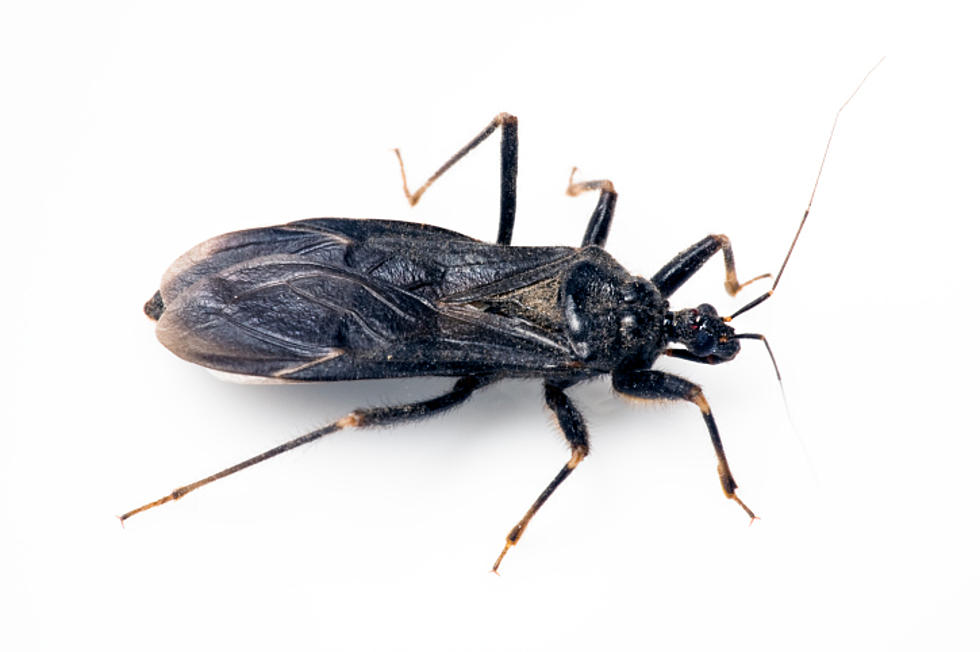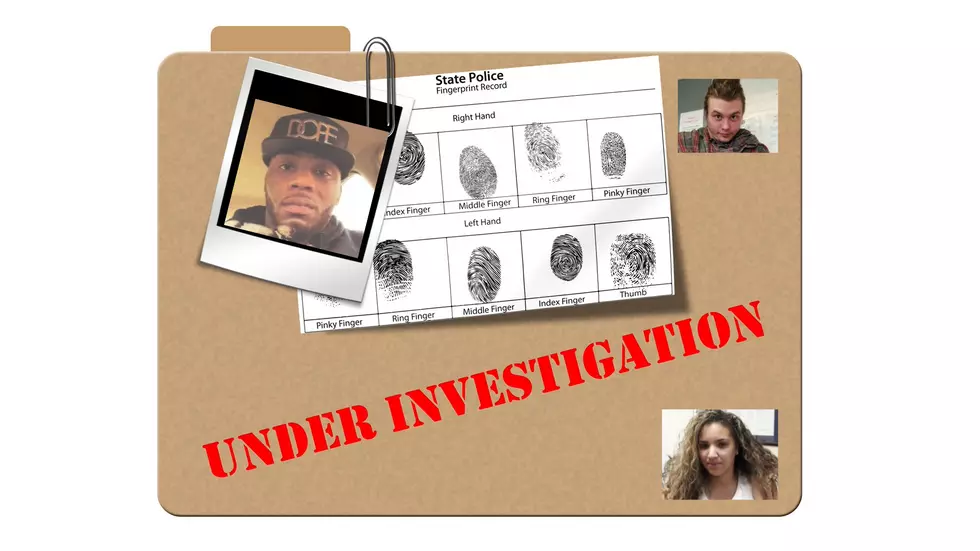
Could The Deadly ‘Kissing Bug’ Be Headed Towards Connecticut?
For over a year now, the CDC has been warning us that the "Kissing Bug" has been on the move and making its way north from both South and Central America. Could it be headed towards Connecticut?
The Centers for Disease Control and Prevention just released a statement last week, confirming that a girl in Delaware was actually bitten by a kissing bug last summer. The girl never developed any symptoms or infection from the bite, but according to foxnews.com, it's the first time a Kissing Bug has been confirmed in Delaware. The Kissing Bug had already been spotted in South Carolina and North Carolina, but this marks one of the northern most states where the insect has been reported.
So why should you be so concerned about Kissing Bugs? Well, for one thing, the insects are blood suckers and can spread a deadly disease called Chagas. It can cause life-threatening heart issues, including heart disease, strokes, arrhythmia and cardiac arrest.
The bugs also could spread a disease-carrying parasite when they bite. The bite usually takes place on the face or around the mouth area, thus the name, "Kissing Bug."
They suck blood, and then often poop on the open wound, which delivers the parasite into the bite victim. Symptoms usually include fever, fatigue, body aches, headache and rash, which can cause welts and itchy hives.
Not all Kissing Bugs carry the parasite, and not everyone who gets bitten will experience these symptoms, but the CDC (Center for Disease Control) advises anyone who thinks they may have been bitten, to seek medical attention as soon as possible. A simple blood test can confirm if you have contracted the disease or not. If caught early, medication can be prescribed to treat it, however if left untreated, the disease can be life-long and be life threatening.
Right now, kissing bugs are mostly in the southern portion of the U.S., but with this new case in Delaware, bugs spotted in Pennsylvania and a potential migration to New Jersey, it looks like the bugs are on the move north. Could New York and Connecticut be next?
Here's a video of the "Kissing Bug" so you'll know what to look for if you spot one:
More From WRKI and WINE









